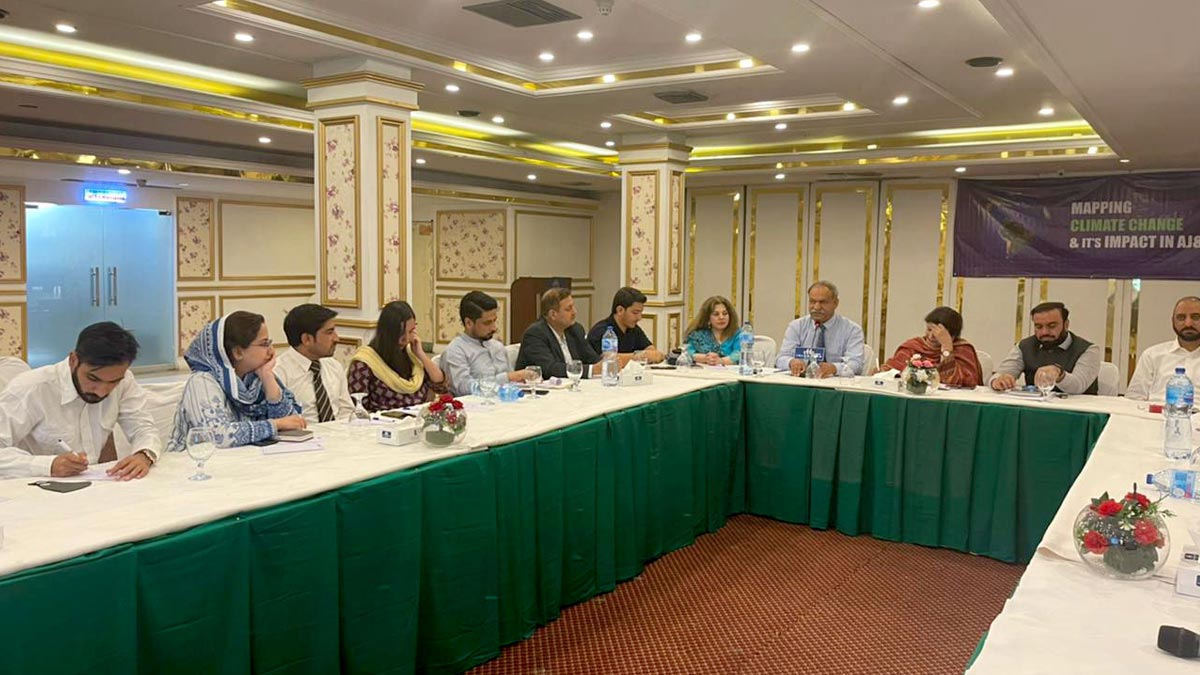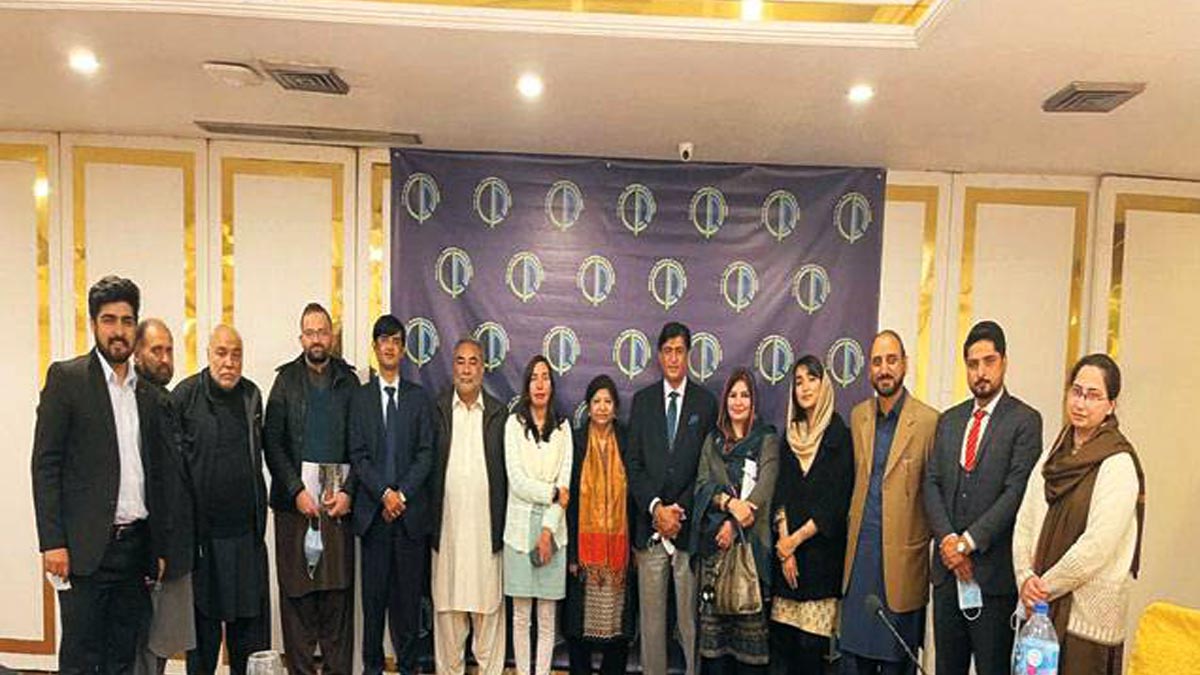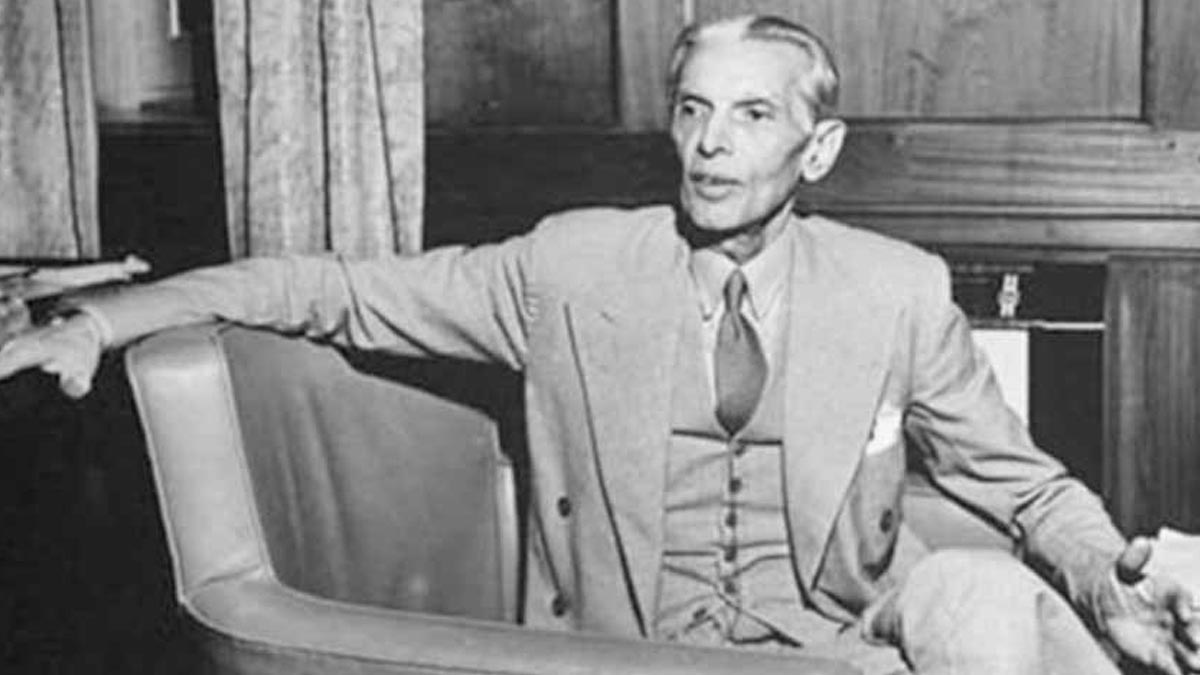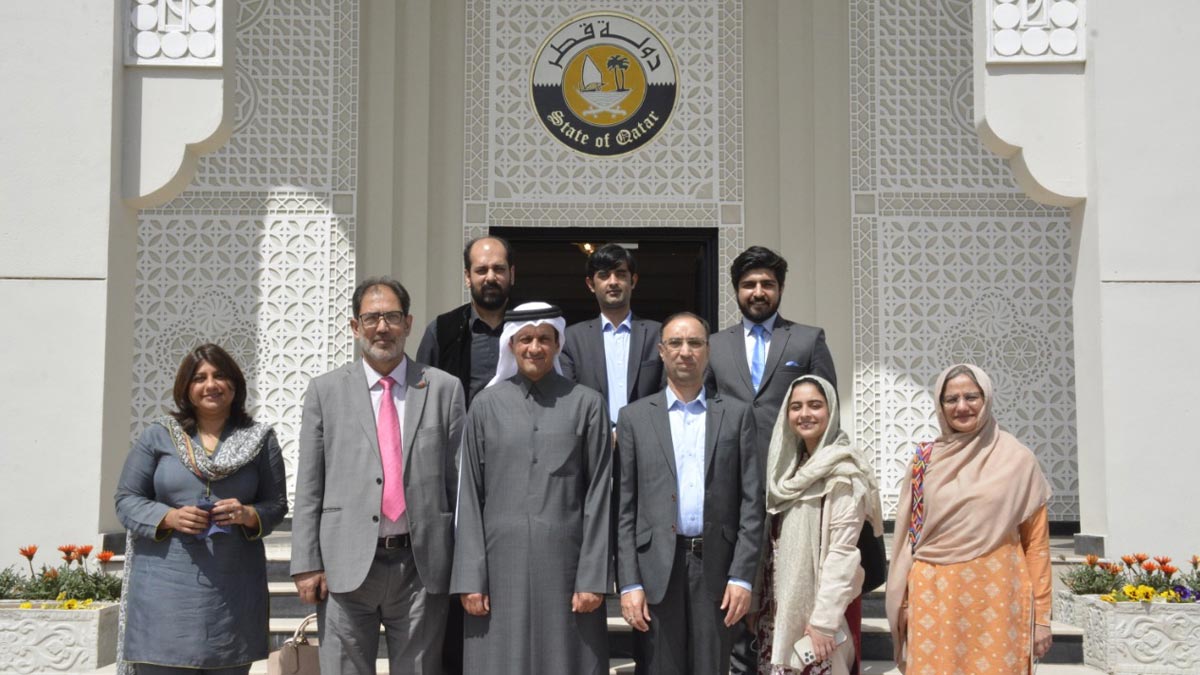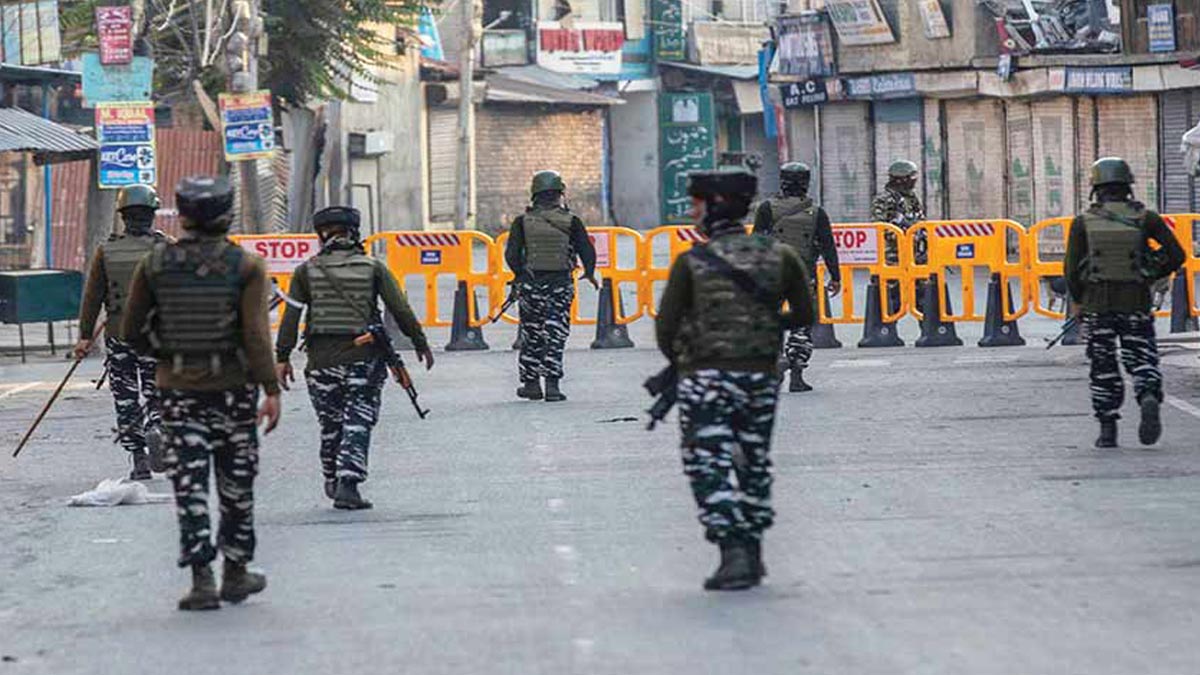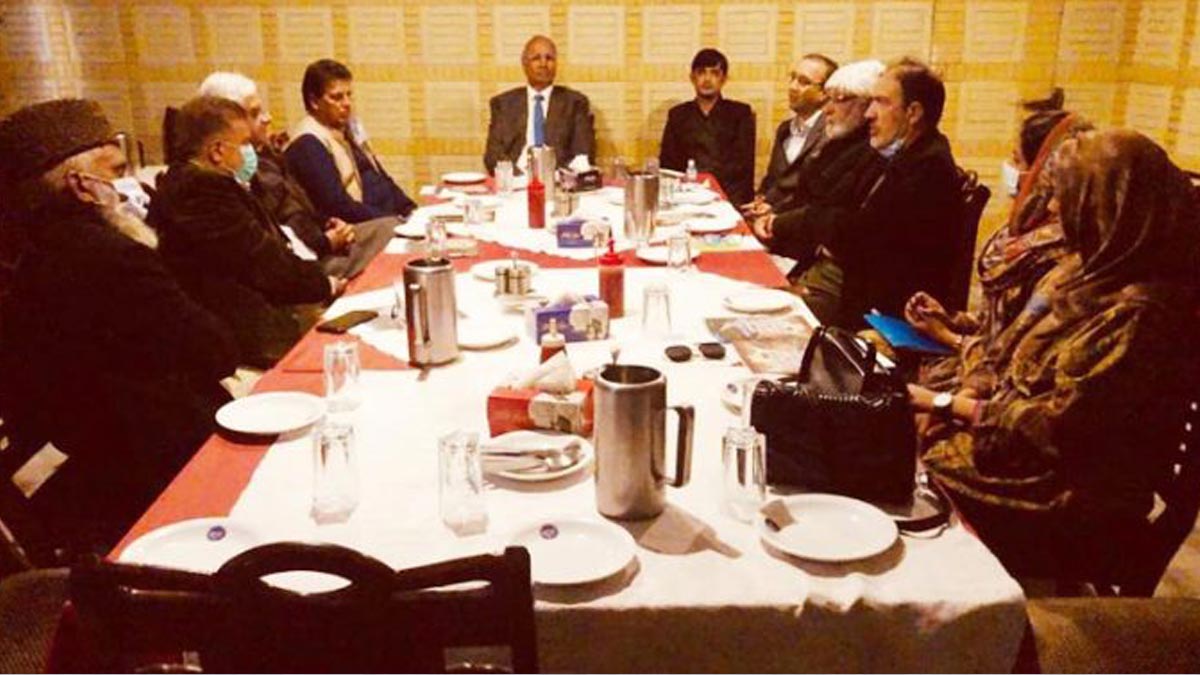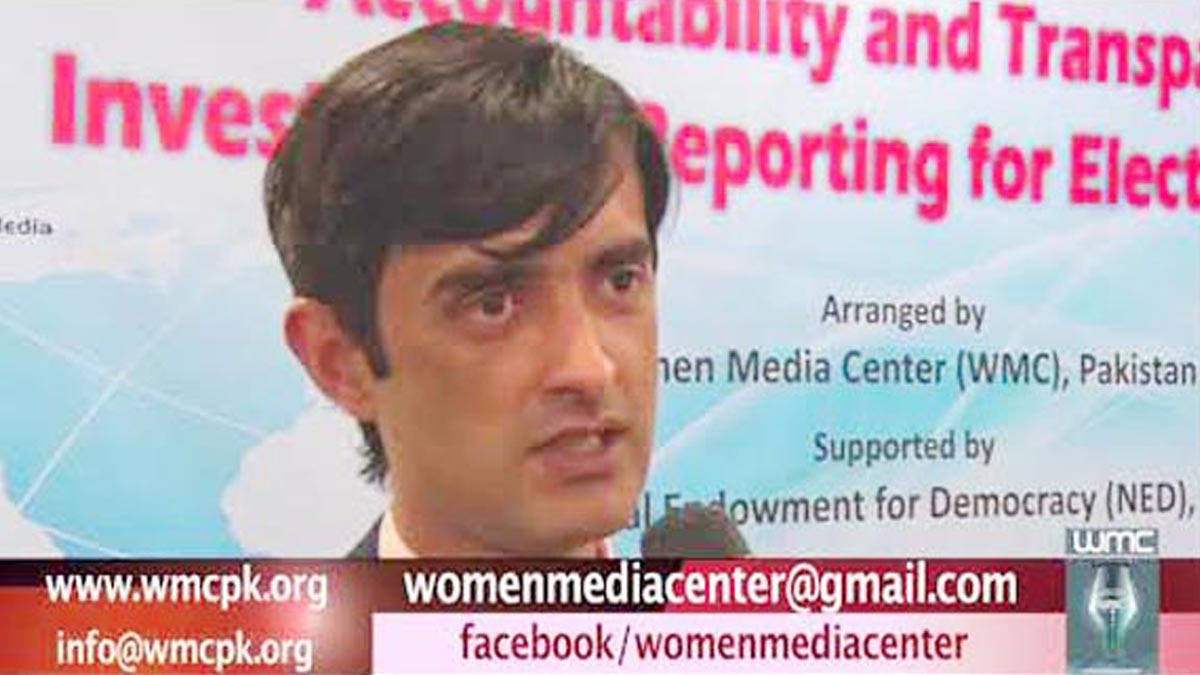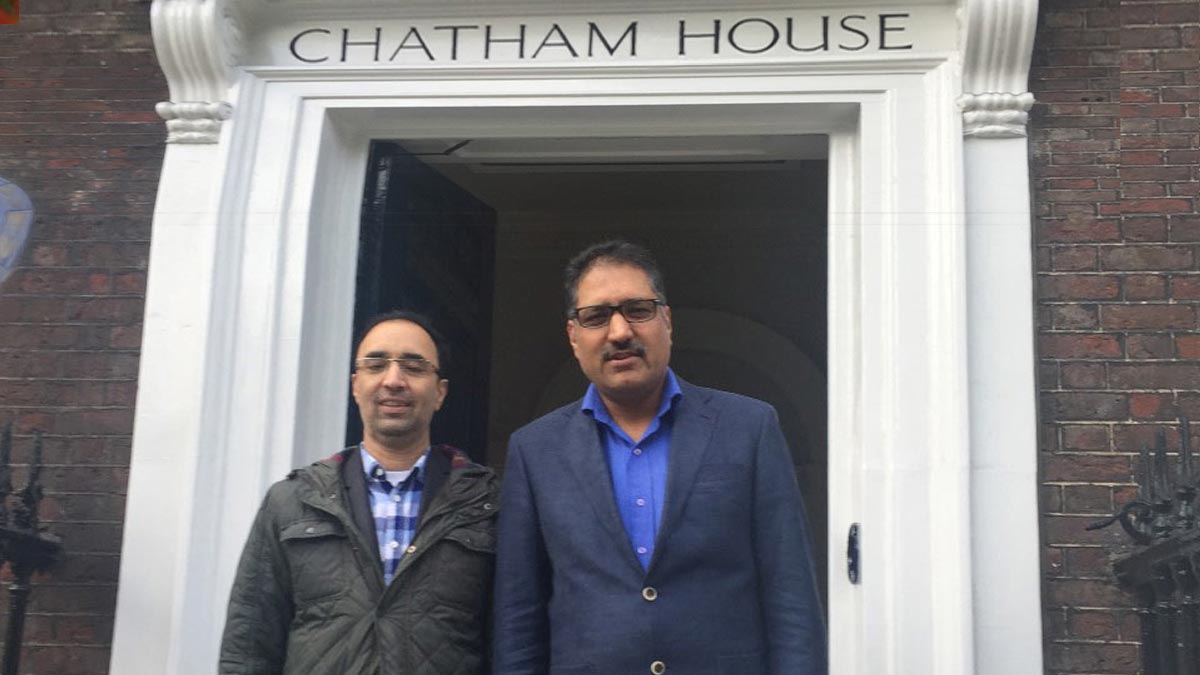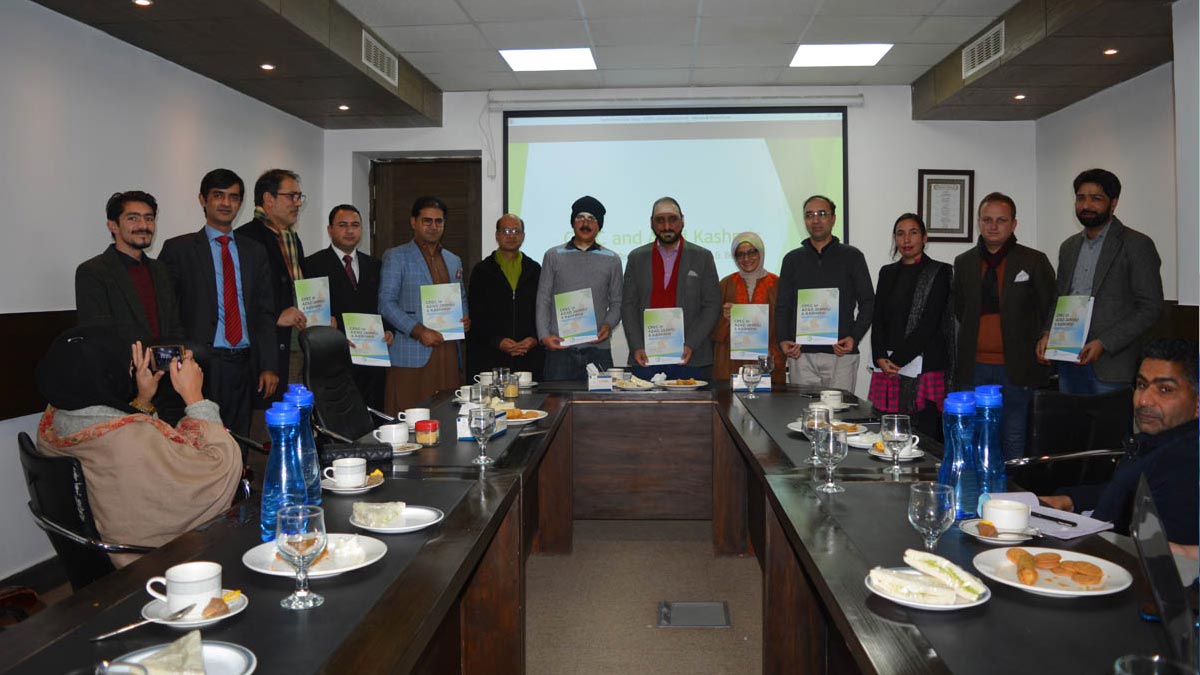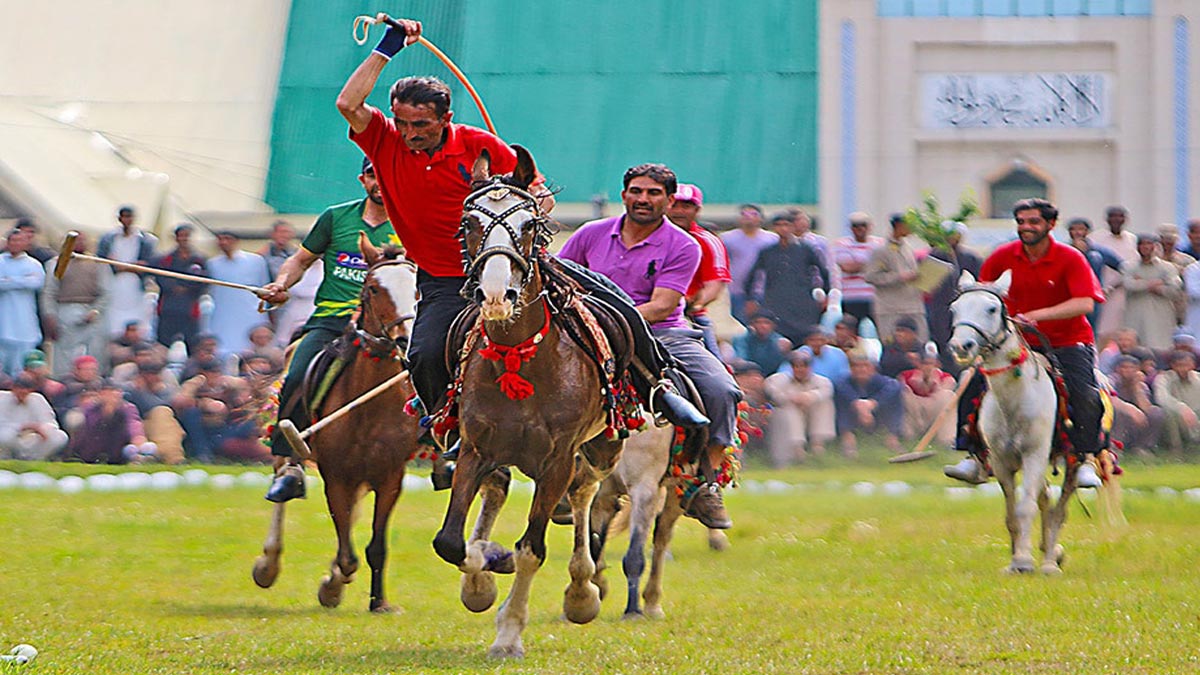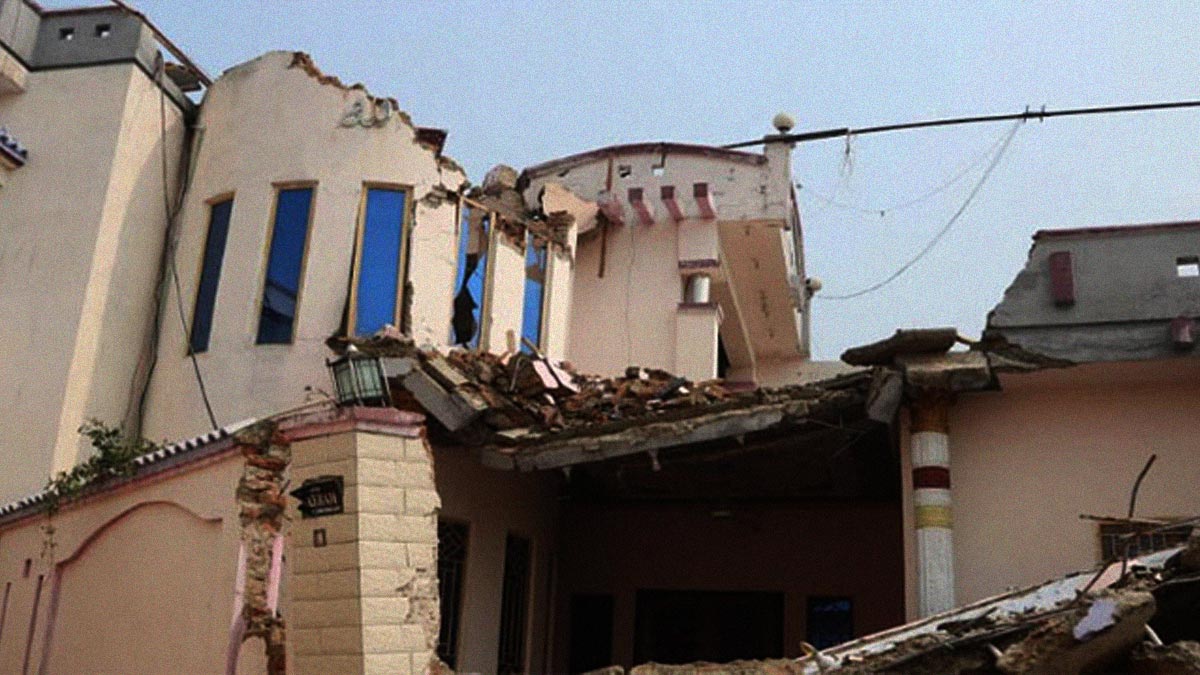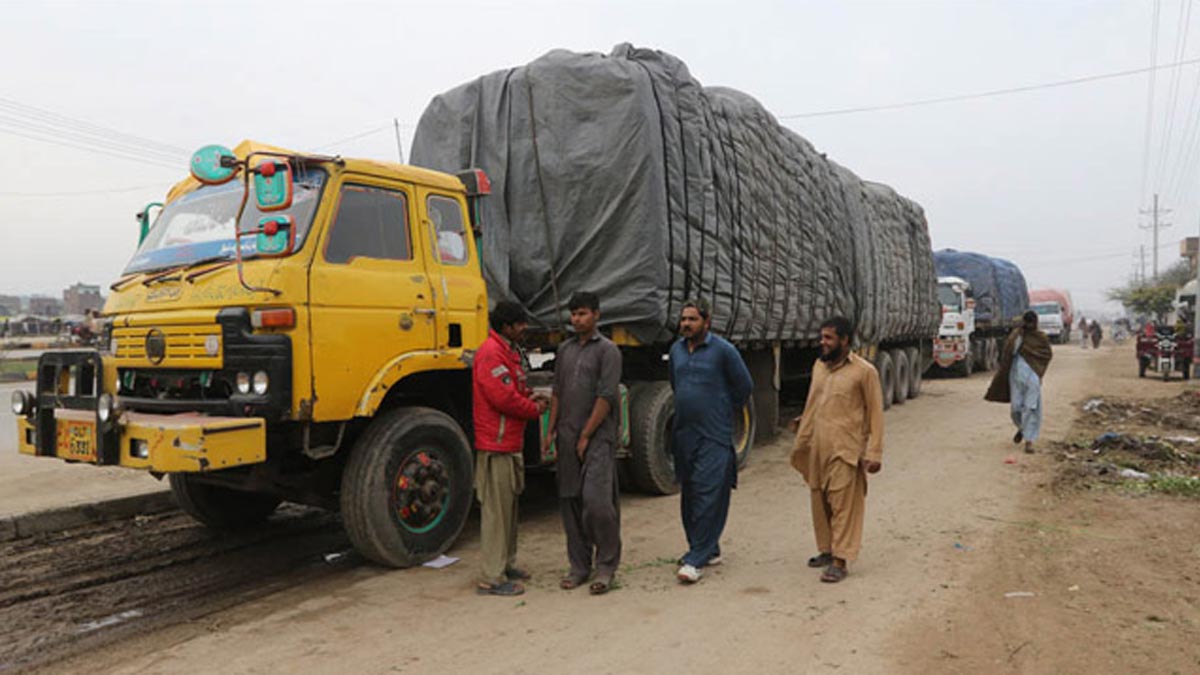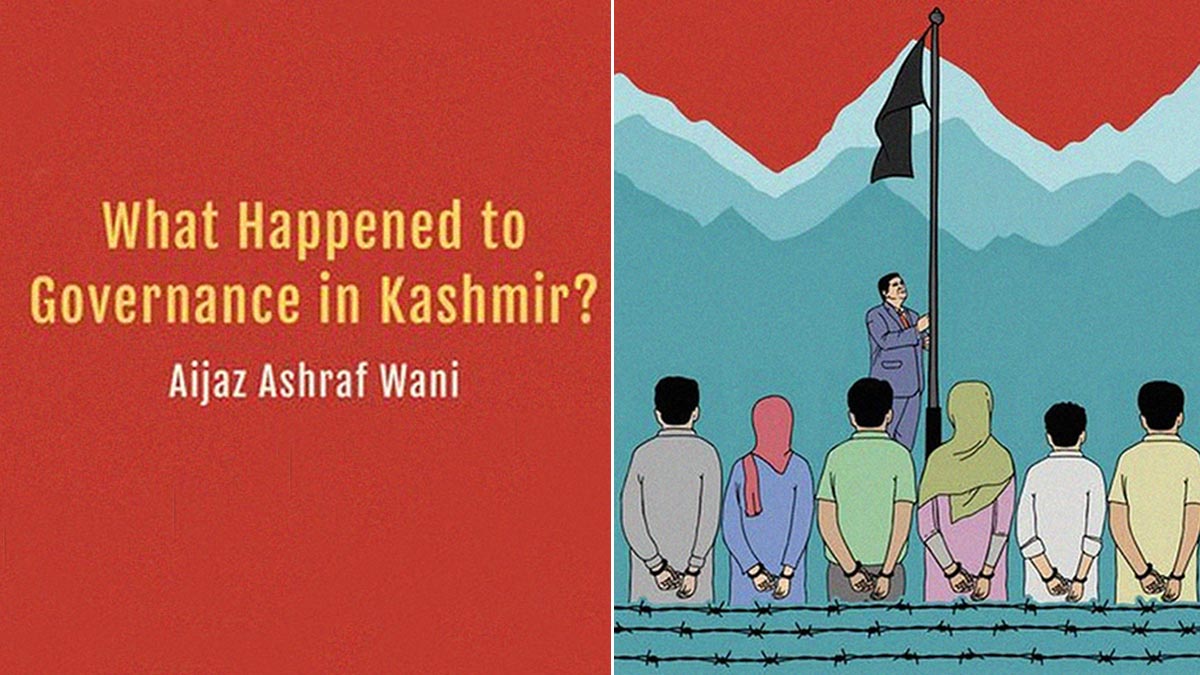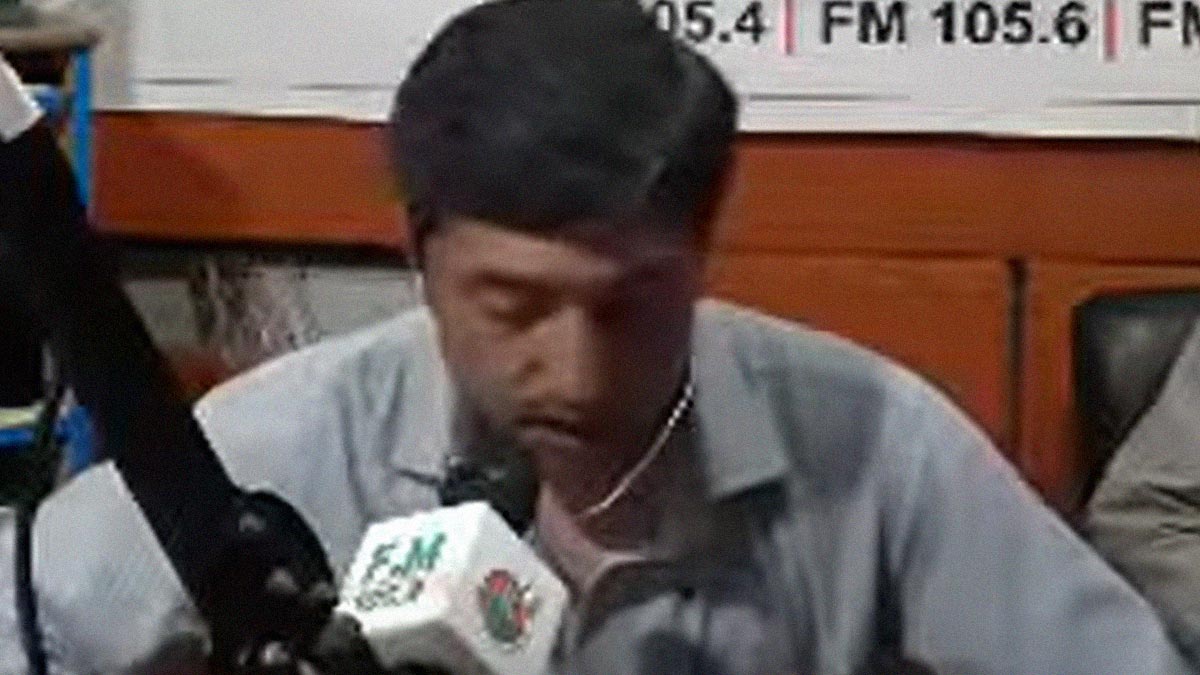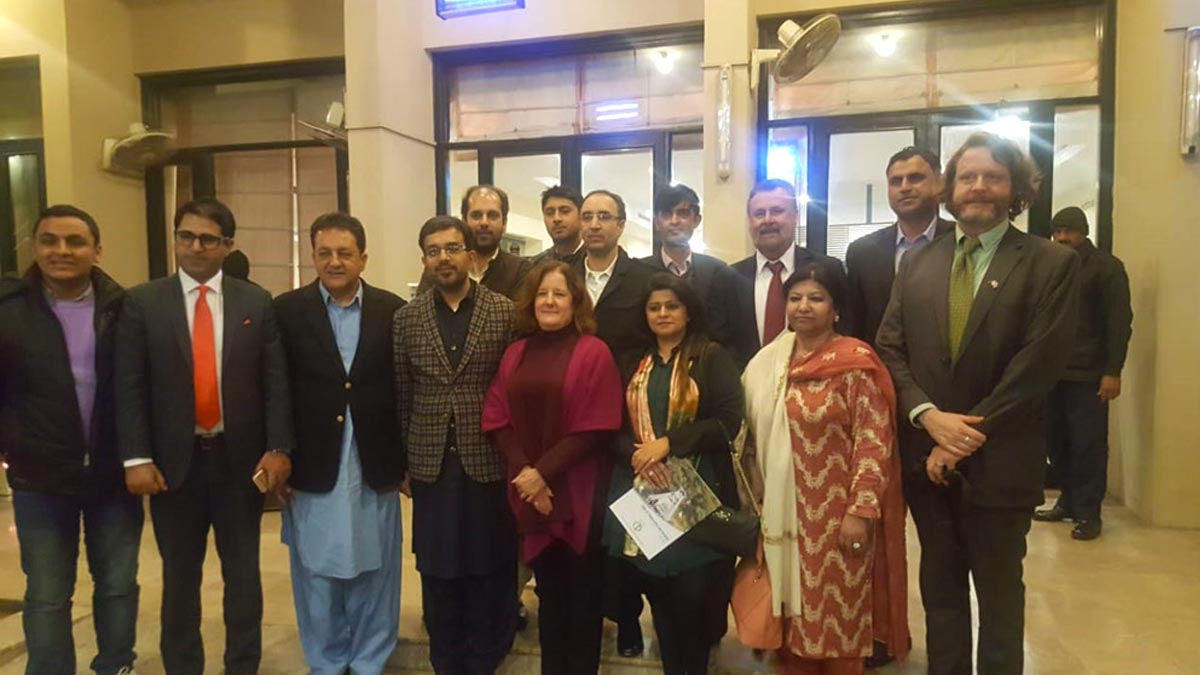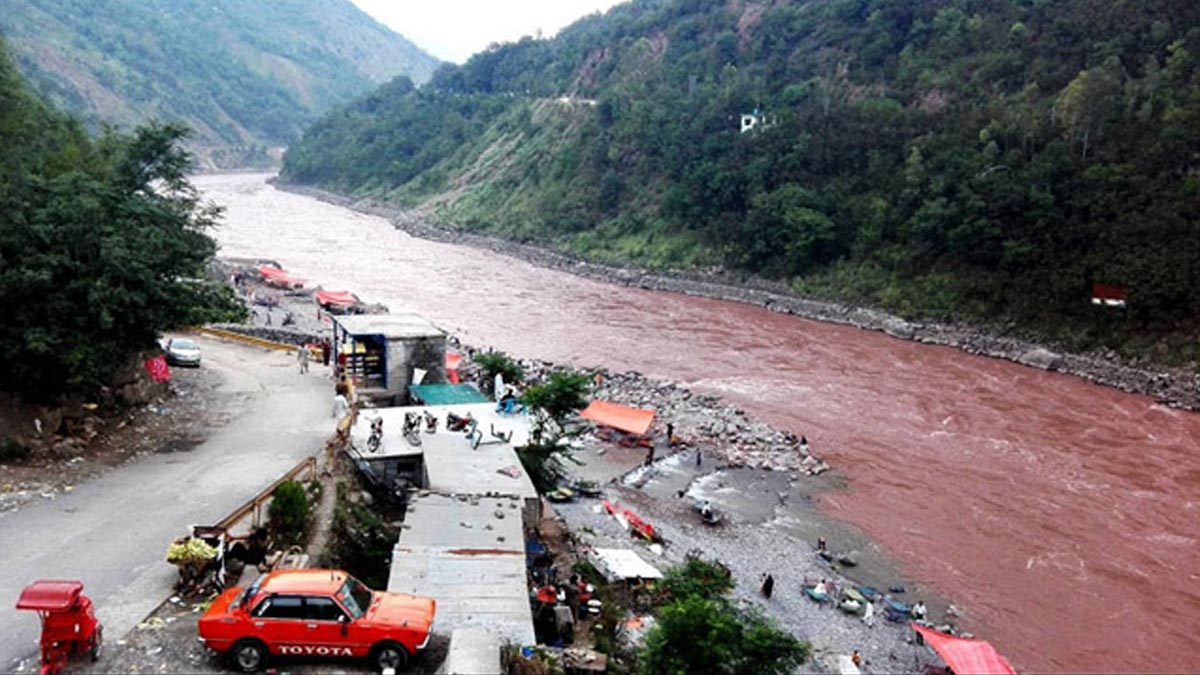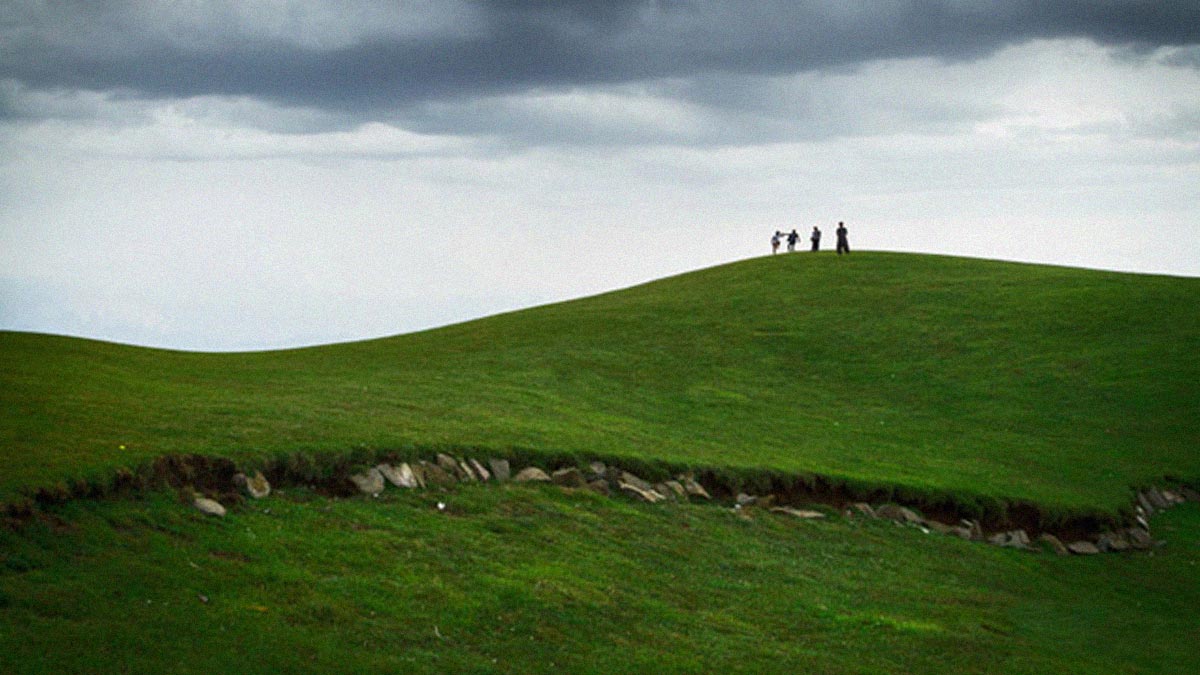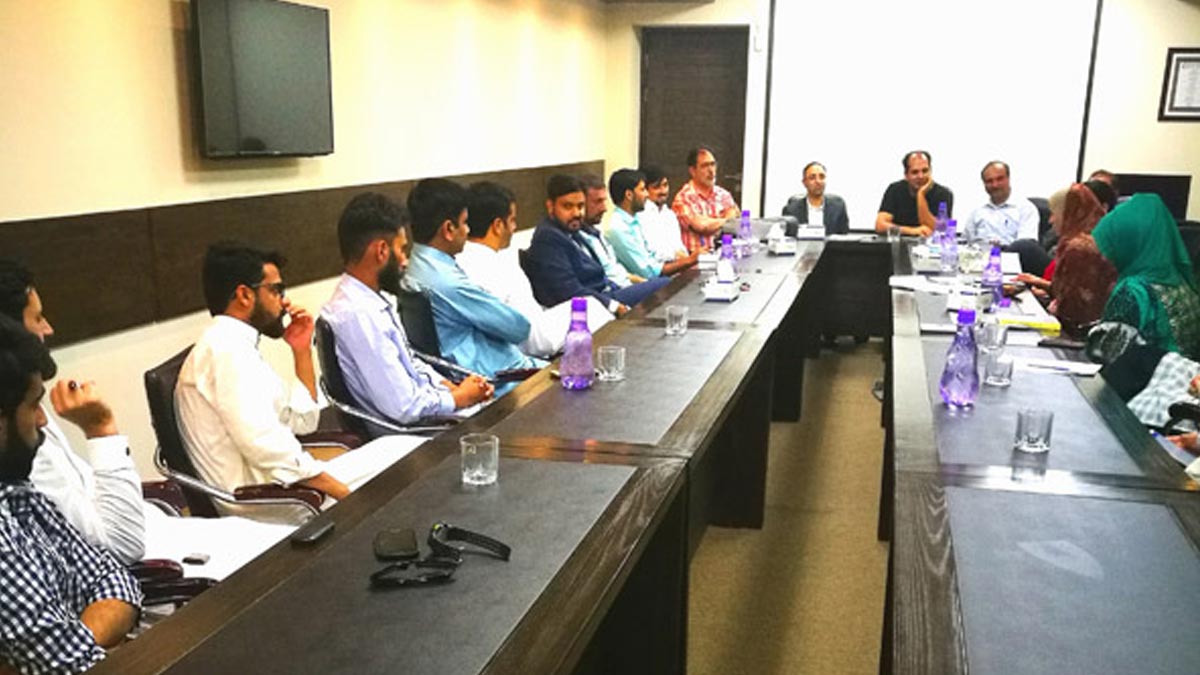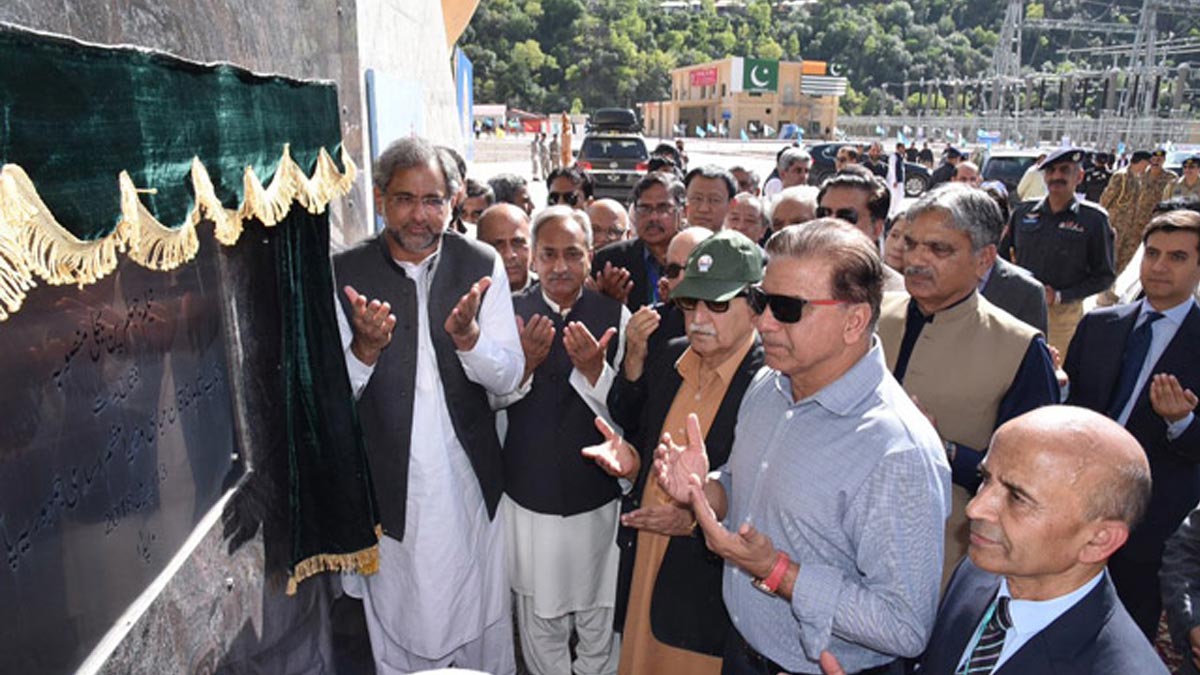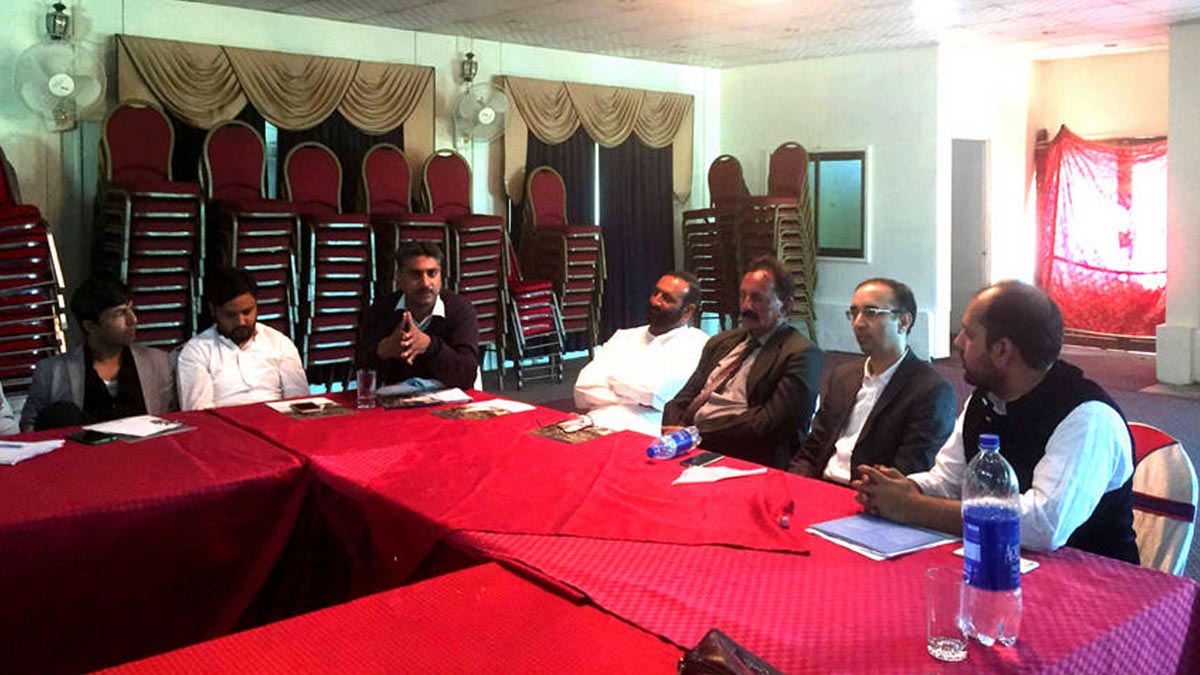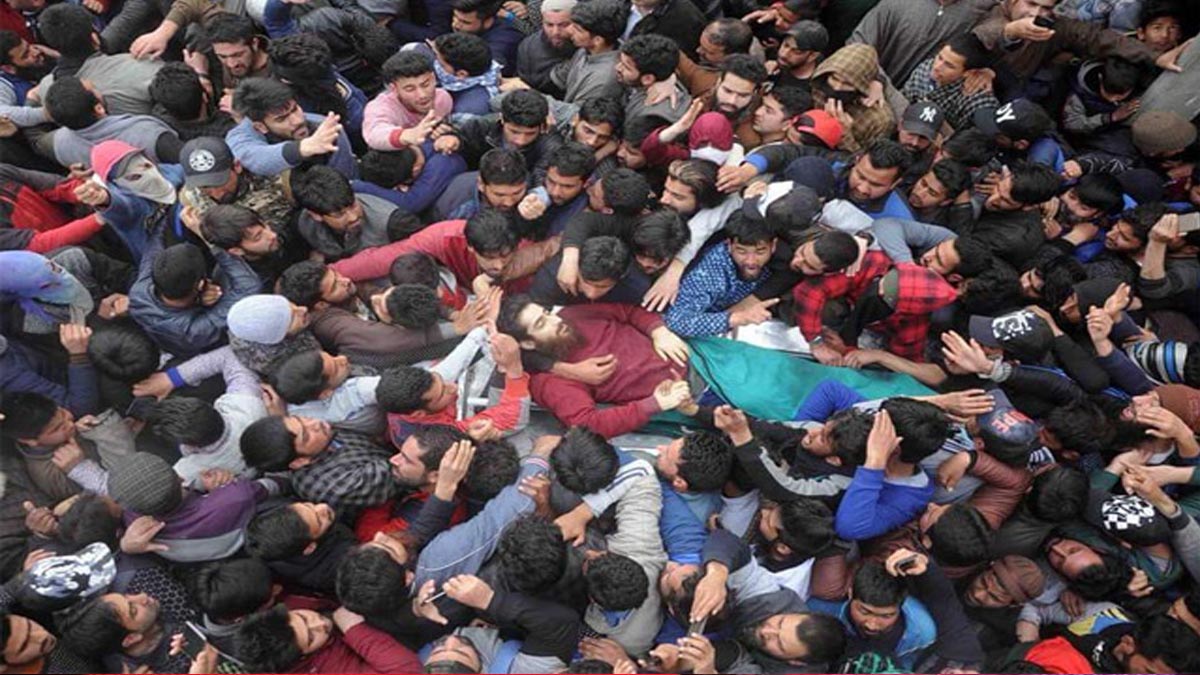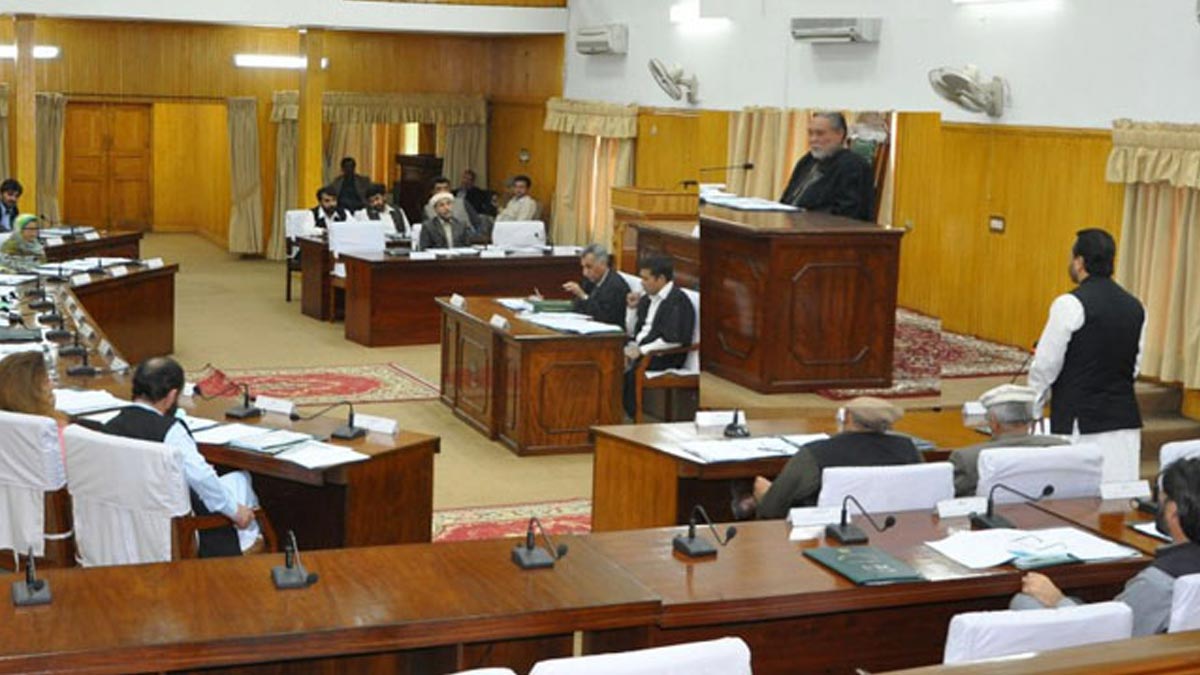- June 16, 2022
- @admin
- 0
- 16th June 2022
- Ershad Mahmud
For the first time in the last eight years, the BJP government of Indian Prime Minister Narendra Modi has succumbed to foreign pressure and removed two spokespersons for making derogatory and hateful remarks regarding Prophet Muhammad (pbuh) in the last week of May.
Indian Muslim leaders and human rights activists had been demanding the prosecution of these spokespersons for their blasphemous remarks but to no avail. However, warning bells rang in the power corridors of New Delhi when the state of Qatar demanded India not only take legal action against the perpetrators of blasphemy but also apologize publicly. Saudi Arabia, Kuwait, Oman, Jordan, Turkey, Pakistan, Iran and Malaysia also summoned Indian diplomats in their respective foreign offices and protested.
India’s hopes were dashed when its close ally in the Middle East, the UAE, broke its silence too. The Emirati Foreign Ministry also issued a statement condemning the hateful remarks. Dozens of international Muslim organizations and institutions including the OIC, the Muslim World League, and Al-Azhar University in Egypt, have expressed grave concerns over the growing Islamophobia in India and the recent incident. The business community in some countries, including Kuwait, has also voluntarily boycotted the purchase of Indian products.
A well-known Indian writer made a sarcastic but apt comment on the Arab and largely Muslim world’s abrupt awakening. Ashok Swain tweeted: ‘Why did it take 8-year[s] for Islamic countries to wake up? Muslims were lynched, Muslims were losing citizenship, Mosques were being demolished, and Muslim houses were bulldozed, but Islamic countries’ rulers massaged Modi’s ego.’
Muslim countries and particularly the Arabs would never have condemned India if the BJP spokespersons had not committed blasphemy. This incident turned the tables, triggering a worldwide reaction.
The actions of the majority of people who committed such blasphemy, especially in Western countries, were previously considered individual acts. Their governments were reluctant to take legal action against them due to local laws such as the right to freedom of expression. However, unlike this incident, they were neither holding official positions of the ruling government party nor were they enjoying the authorities’ tacit consent. During the BJP’s reign, an atmosphere has purposely been created where people are allowed to insult or lynch minorities with impunity, particularly Muslims. Hate speech has deliberately been normalized. That is why the BJP spokespersons crossed the red line, resulting in an embarrassment for India.
The growing protest wave from the Muslim countries forced Modi’s government to its knees at least for the time being. But neither Prime Minister Modi nor his foreign minister expressed regret over the incident. Only an explanatory statement was issued by the BJP government, declaring that it respects all religions. Meanwhile, the protesting Indian Muslim community is being punished by Indian law-enforcement agencies and right-wing mobs.
The million-dollar question is: why did the Indian government succumb to pressure from Arab countries? This fiscal year – 2021-2022 – India’s trade value with Arab countries, including Bahrain, Kuwait, Oman, Qatar, Saudi Arabia and the UAE stood at approximately $90 billion. Nearly 87 million Indian citizens are residing in these countries for employment or business. The UAE is India’s third-largest business partner. The Kuwaiti government imports almost 90 per cent of its food items from India. Recently, India has made great strides in establishing strategic relations with Saudi Arabia, disregarding Pakistan’s reservations. Iran is already one of India’s closest allies in the region. This shows that financial interests and long-term economic prospects often prevail over ideological leanings and domestic political necessities.
The world is not unaware of the despairing conditions of the minorities in India. A few days ago, US Secretary of State Anthony Blinken highlighted “rising attacks” in India in the US State Department’s annual report on international religious freedom. Subsequently, US Ambassador at Large for International Religious Freedom Rashad Hussain, in his remarks, said: “And as the secretary stated, in India some officials are ignoring or even supporting rising attacks on people and places of worship”.
Professor Gregory Stanton, a genocide studies scholar, has warned of possible genocide against Muslims in India. He had predicted the massacre of the Tutsi in Rwanda that took place in 1994. While speaking in a US Congressional briefing, he warned that early “signs and processes” of genocide in the Indian state of Assam and Occupied Kashmir are visible.
Prime Minister Modi employed a double-pronged political approach to deal separately with domestic politics and the international community. At home, he has been preaching communalism, building his political career on anti-Muslim rhetoric and thriving on hate speech. Facts speak louder than words: out of 543 seats in the Lok Sabha, the BJP has 301 seats but not a single Muslim MP belongs to the BJP. Abroad, he tried to build his image of a moderate and peaceful statesman who tirelessly worked for the marginalized communities, peaceful coexistence and regional connectivity. Finally, his political strategy flopped due to its inherited flaws and inconsistent approach. Such a duplicitous and double-faced political approach yields nothing and instead comes right around.
Now, a section of Indian society has realized that the proponents of the RSS ideology have tarnished the soft image of India as a democratic and secular country. After a long time, liberal and secular elements have had the opportunity to make the public aware of the negative aspects of extremist ideologies and regain their lost political strength. It is hoped that the ongoing debate will strengthen those political forces within India that believe in multiculturalism and cherish diversity.
Finally, it is the collective duty of all countries and organizations to keep a close eye on the BJP and RSS’s growing influence in India as well as overseas where 13.5 million Indians are currently residing. It should be contained at some point.
Media Links:
The News | Click Here
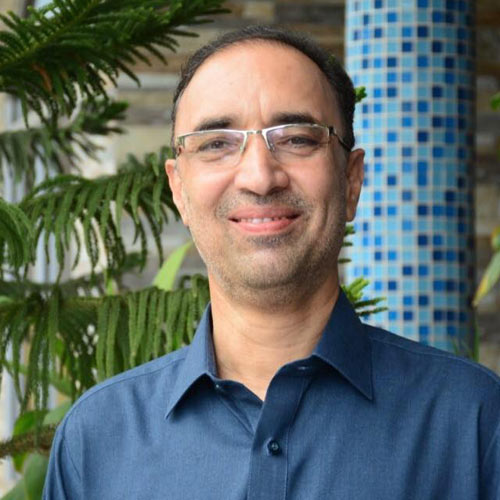
Ershad Mahmud
The writer is a freelance contributor. He can be reached at:









